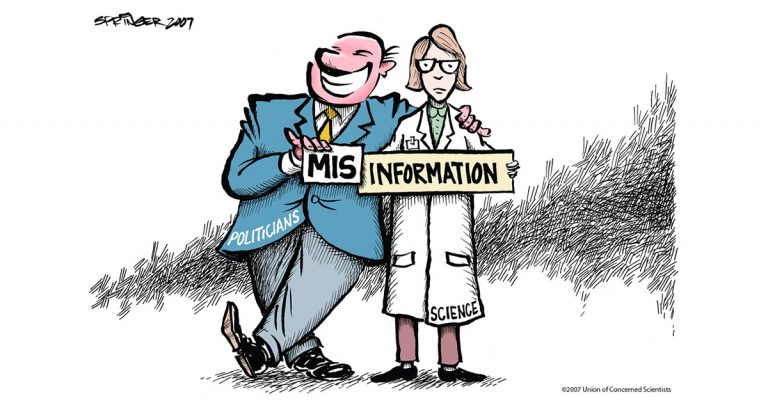
Dr. Raju Adhikari: As the world struggles to contain the novel coronavirus, and is hopeful of returning to normal life from the transition, COVID-19 crisis has raised many questions to which governments and people are looking for decisive answers.
- Did the COVID-19 virus emanate from a wet market in Wuhan or from a laboratory?
- When exactly was the virus discovered and detected in real time?
- Were scientists working on the virus in the laboratory under confidentiality?
- Was China under-reporting cases and number of deaths owing to COVID-19?
- Is it necessary, and will WHO send experts to China on a fact-finding mission?
- Will China agree to review the COVID-19 file and work cooperatively?
In a recent classified report to White House, these questions have been raised. US Government is seeking clarification from the Government of China, and a few other countries including Australia are supporting the move.
China may now be under pressure to reopen the COVID case. In today’s news, it was mentioned that the Chinese Government has agreed to review and cooperate to reopen the COVID file. It is good news and time will tell how the cooperation will work and if we will be able to find answers to all the above questions in a conclusive and satisfying manner.
COVID message is clear that the world needs to be united to fight such crises to better manage and save global health and economy and that confrontation will lead to nothing but to a catastrophic future.
Gulf crises in 90’s had also originated from the suspicion of weapons of mass destruction of both chemical and biological nature which lead to catastrophe and the global community learned a great lesson from it.
Let’s hope scientific evidence is not embroiled into COVID politics and policymakers are better informed and make the best decision based on scientific facts and solve COVID crises unitedly and fast track the vaccine and drug development work.
About the author:
Dr. Raju Adhikari is a former Principal Scientist, and an Honorary Fellow at CSIRO – Australia’s national science agency. He is an highly acclaimed scientist, and has been leading several research and innovation programs with CSIRO. He currently serves as the Director of Cram Responsive Polymers Pty Ltd, and is working in a wide range of research projects, and is involved in the design, synthesis and characterisation of polymer for nutrient coating and film for agriculture application, amongst others.
Besides achieving academic and professional excellence, Dr. Adhikari is a leading member of the Nepali Diaspora in Australia. He is the Founder President of Nepalese Association Victoria and FeNCAA, an umbrella organisation of all registered Nepali organisations in Australia.
Disclaimer: Views/ideas presented in the article are of the author, and do not reflect the editorial stance of Nepalese Voice.
The following article was first published on the Facebook page of Dr. Adhikari, and has been reprinted with permission.






